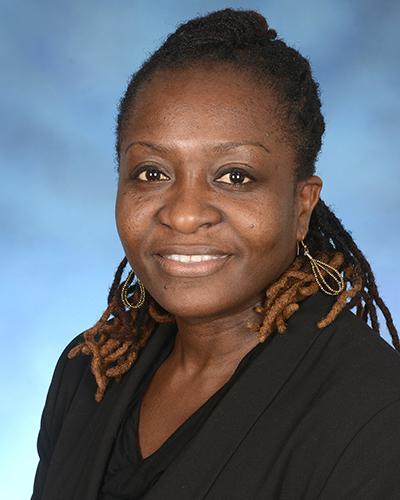October 17, 2022 | Annalisa Merelli

Attendees from Poor Countries Often Struggle to Get Visas to Attend the Conferences that Discuss their Future
The World Health Summit, a World Health Organization (WHO)-backed global health conference, is underway in Berlin, Germany.
The event, held from Oct. 16 to Oct. 18, is large and high profile. Around 400 speakers are listed on the official website, and among them are some of the world’s most prominent figures in global health. WHO’s head Tedros Adhanom Ghebreyesus, UN secretary-general António Guterres, and UNAIDS lead Winnie Byanyimia are expected to be in attendance. So are Bill Gates, Ayoade Alakija, who works on COVID-19 access for the WHO, and Ahmed Ogwell Ouma (who goes by Ahmed Ogwell), the Acting Director of Africa’s Centers for Disease Control and Prevention (Africa CDC).
Except Ogwell almost didn’t make it to Berlin. At Frankfurt airport, he noted on Twitter, he was “mistreated.. by immigration personnel who imagine I want to stay back illegally.” His attendance at the summit—which is supposed to advance global health, with a specific focus of low-income countries—was in doubt. “I’m happier & safer back home in Africa. They invite you then mistreat you,” he wrote. Visas, he reflected, are like health emergencies and vaccinations: They leave Africa behind.
...
Although many of the issues they focus on target countries in the so-called global south, international health conferences are overwhelmingly held in high-income countries, where delegates from Africa or Asia often face significant attendance barriers, both practical and psychological. “Visa issuance does not protect you from further subjection to indignity when you get to immigration. You may have a visa, but get there and just the way you are interrogated is dehumanizing and demeaning and undignified,” says Nadia Sam-Agudu, a Professor of Pediatrics in the Institute of Human Virology at the University of Maryland School of Medicine.
Contact
Vanessa McMains
Director, Media & Public Affairs
Institute of Human Virology
University of Maryland School of Medicine
443-875-6099
vmcmains@ihv.umaryland.edu
Related stories

Tuesday, July 19, 2022
Six-Country African Study Shows COVID-19 Can Be Dangerous in Pregnancy
A new study involving hospitalized women in six African countries from the University of Maryland School of Medicine’s (UMSOM) Institute of Human Virology (IHV) showed that pregnant women with SARS-CoV-2, the virus that causes COVID-19, had double the risk of being admitted to the intensive care unit (ICU) and four-times the risk of dying in-hospital than pregnant women who did not have COVID-19.

Monday, May 09, 2022
Quartz: The cause of the next pandemic is probably already here
A bird flu is spreading again. Several cases of very contagious avian influenza have been identified in the states of Washington, Oregon, Maryland, and Delaware, where over 3 million cases in chickens have been identified since February. At least 80 vultures, too, have died of the disease. Last week, the U.S. Centers for Disease Control and Prevention also reported a case of human avian influenza A(H5) in Colorado, the second associated with the current outbreak of avian flu among birds, which started in 2021. Meanwhile, the first human (a Chinese boy in Henan province) tested positive for H3N8, a strand of avian flu so far known to only infect animals and birds.

Tuesday, February 15, 2022
Multi-Country African Research Reports High Rates of COVID-19-Related Deaths Among Hospitalized Children and Adolescents
African children and adolescents hospitalized with COVID-19 experience much higher mortality rates than Europeans or North Americans of the same age, according to a recently published study conducted by researchers from the Institute of Human Virology (IHV) at the University of Maryland School of Medicine (UMSOM) and the Institute of Human Virology Nigeria (IHVN). Both organizations are members of the Global Virus Network (GVN).

Tuesday, July 20, 2021
Nature: Should children get COVID vaccines? What the science says
With vaccination campaigns underway in some countries while others weigh the options, Nature looks at the evidence for vaccinating younger people.

